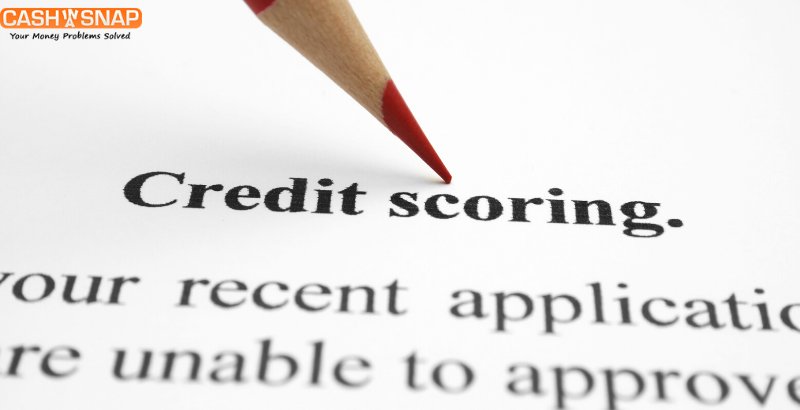No one wants to have a collection account appearing on their credit reports as we all know it is a big hit to our credit score. And, credit bureaus can report a collection for up to 7.5 years.


No one wants to have a collection account appearing on their credit reports as we all know it is a big hit to our credit score. And, credit bureaus can report a collection for up to 7.5 years.

The effective way to remove a charge-off from your credit report is to contact your creditor and request them to remove it after you pay off the debts. Before you contact the creditor, determine the amount you can pay as soon as possible.

Even in this day and age, it is amazing how few people really know what they spend and what for. Setting up a budget and tracking all your expenditures is a responsible and great habit to form. Most people have items they spend money on every month that they can reduce or eliminate in tough times. And the amount each month is often far more than they realized until they tracked their expenses. A simple coffee drink 3 times a week can add up to $60-75 per month. Going out to eat adds up even faster, even if it is cheaper food.

Many people have poor or bad credit. No matter your score, there are ways to improve it quickly and save a lot of money in the future. The first is to get your debts paid off. Start with the highest interest but small account that you can get paid off. Then go to the next and so on.

If your credit is good, your bank may allow you to overdraft or spend more than is in your account without a penalty. However, most people and several banks are not in a situation where this is either allowed or done without fees. The normal fee for a single check overdrawn on the account (overdraft) is $35. Again, this is per check! This implies that four checks equal $140 in fees!

If you budget well and can pay off all your debt (except maybe an auto lease), your score will likely improve since this factor is over a third of your score and impacts it greatly. If you can then maintain a good history and make any payments on time or early, you will probably see additional improvements in your scores.

Derogatory items on your credit report, such as repossession and foreclosure, missed payments, charge-offs, bankruptcy, inquires, closed accounts, etc., are negative information that stay on your credit report for various lengths of time.

There are ways you can improve your credit score as much as 100 points in just 30 days. Not everyone can see such a large score increase, but it is possible. Here’s how to get started:

Generally, if you have a bad score, you will pay higher interest rates when you borrow. For example, if you get a new car, bad credit history often impacts other things like your auto insurance. And, in some cases, your bad credit may stop you from getting a job as many employers now do credit checks before they hire someone.

Your credit score is a critical factor that banks and other financial institutions use to decide whether to give you a loan or credit card. While it is important to know the things that help you build a good credit score, you must also know the things that could hurt your credit score.
